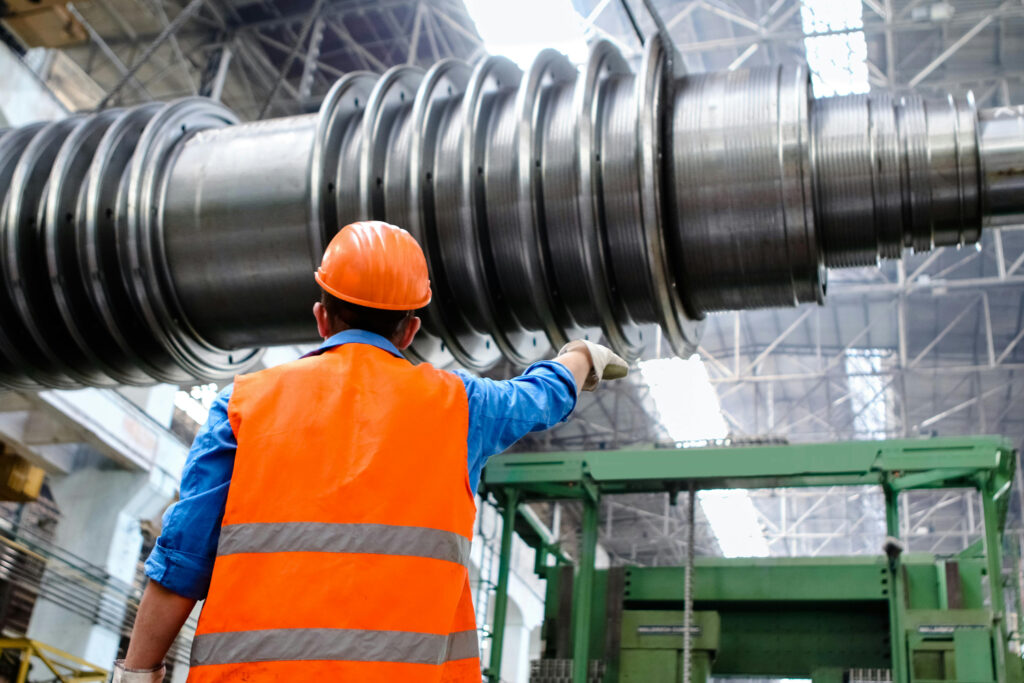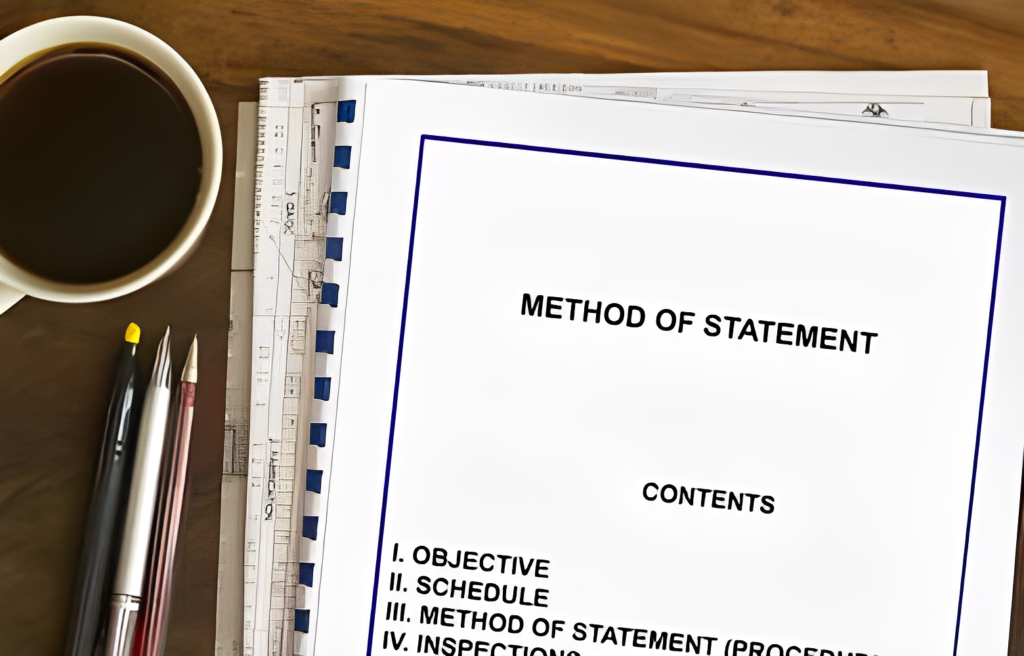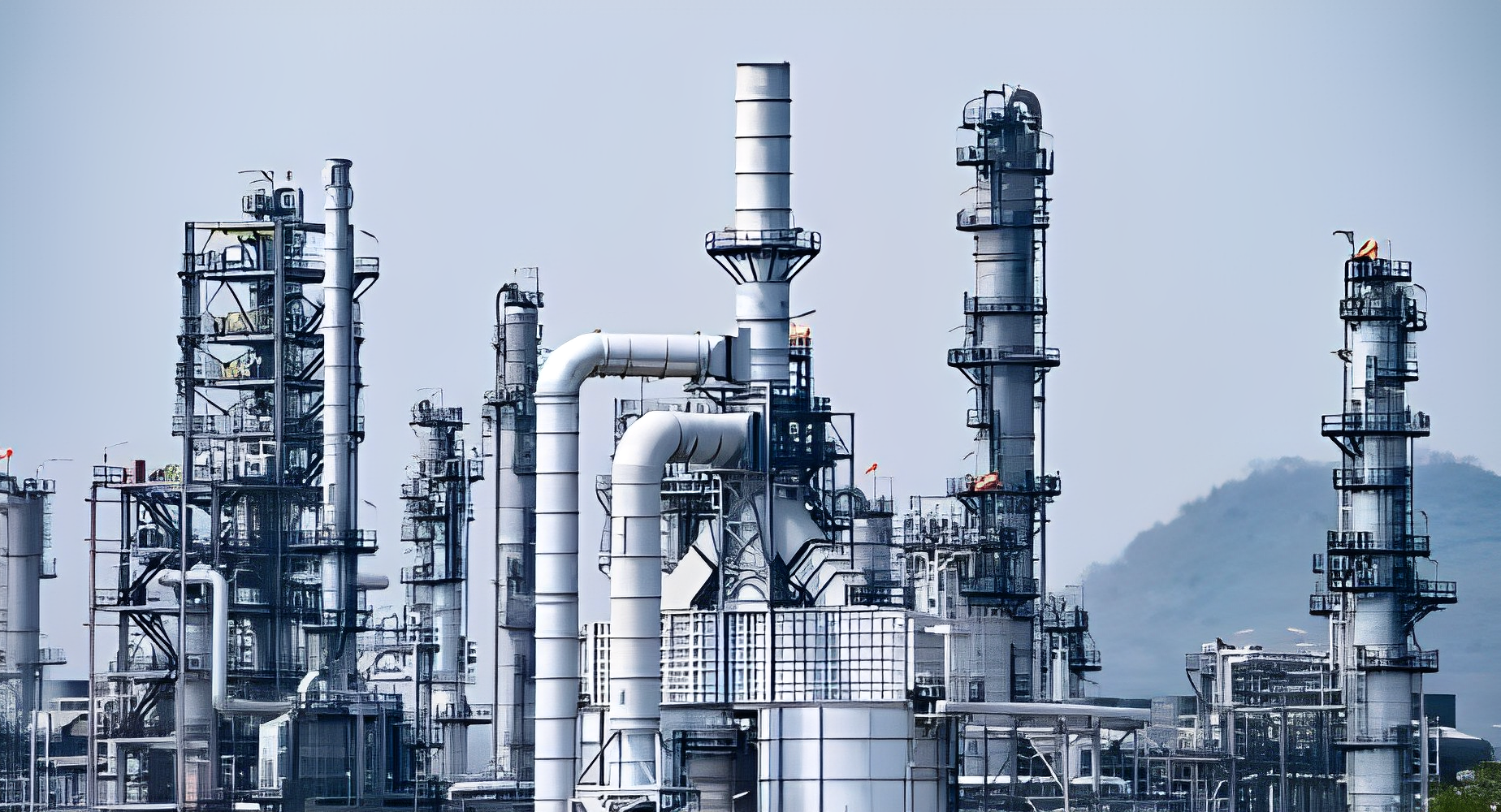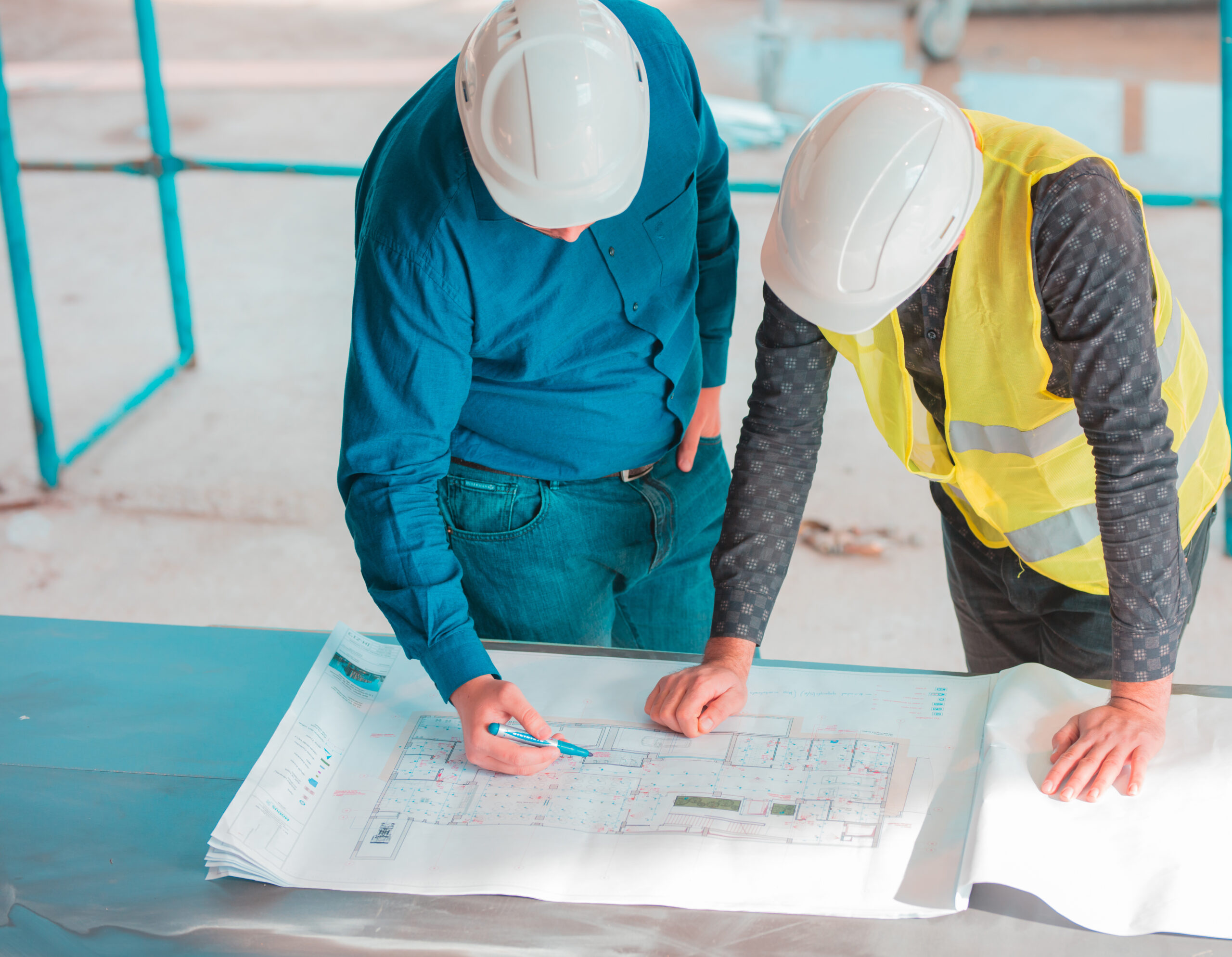Finite Element Analysis
Finite Element Analysis (FEA) and Computational Fluid Dynamics (CFD) are simulation techniques used to thoroughly analyze various aspects of a product. These techniques enable detailed assessments of stress, vibration, heat transfer, thermal dynamics, fluid dynamics, and other physical properties. In structural mechanics, a continuous structure is divided into numerous elements connected at specific nodes. Each element’s behavior is determined by the state of the nodes that encompass it, closely resembling the actual material structure.
CODE-A offers customized solutions to industries, providing the following advantages:
-
Early-stage design and installation comparisons between different solutions
-
Optimization of analysis to meet design requirements for specific parts
-
Investigation of the interaction between assembled components
-
Accurate assessment of design performance and safety
-
Process optimization and ensuring smooth operation
-
Maximizing the service life of plants and equipment

NDT Consultancy
CODE-A provides Level III specialists who offer consultation in the following areas:
-
Non-destructive Testing (NDT) policy and activities
-
Ensuring compliance with controlling specifications
-
Compilation and vetting of standard NDT practices and procedures
-
Preparation of written practices for training and certification of NDT personnel according to EU standards

Welding Technology
CODE-A experts have extensive knowledge and experience in providing a wide range of services related to welding technology and procedures, including non-destructive testing (NDT) of welds. The qualification process for products involving welding technology starts at the planning stage. It is crucial to take into account appropriate welding technologies and testing procedures to uphold product quality. CODE-A conducts thorough weld tests and qualifications to ensure adherence to the weld testing standards set by the American Welding Society (AWS) API and the guidelines established by the American Society of Mechanical Engineers (ASME).
CODE-A experts offer a range of services related to Welding Procedure Specification (WPS) and quality assurance. These services include:
-
Providing support and guidance in planning and interpreting welding projects.
-
Developing and testing welding procedures to ensure their effectiveness and quality.
-
Ensuring compliance with relevant directives and standards, such as DIN EN 3834, to meet industry requirements.
-
Conducting inspections of factory facilities to assess compliance with welding standards and identify potential areas for improvement.
-
Offering on-site troubleshooting services and effective solutions to resolve welding-related issues.
-
Performing thorough visual inspections of welding work conducted on-site, carried out by internationally certified welding inspectors.
-
Selecting the appropriate non-destructive testing (NDT) techniques and procedures to evaluate the quality and integrity of welds.

Pipeline Technology
CODE-A offers customized pipeline project management services that prioritize safety, timeliness, cost-effectiveness, and high-quality solutions. For pipeline technology, advanced methods are necessary to test and evaluate pipes connected to pressure vessels, reactors, and pumps. This ensures that the entire plant can achieve its maximum service life.
CODE-A team of experts provides assistance to both users and manufacturers of pipeline technology through a comprehensive range of testing and inspection services, including:
-
Assessing construction and design tests to ensure their effectiveness and compliance with standards.
-
Optimizing test methods to maximize detection while minimizing costs.
-
Assisting with MFL (Magnetic Flux Leakage) operations, including data review, calibration, and acceptance of inspection reports.
-
Developing and evaluating MFL and IRIS (Internal Rotary Inspection System) procedures for suitability.
-
Conducting classic NDT (Non-Destructive Testing) methods to assess pipeline integrity.
-
Determining leaks and identifying their locations.
-
Evaluating MFL operations and assessing the locations of defects.
-
Performing fitness-for-service assessments and estimating the remaining service life of pipelines.
-
Planning and conducting periodic inspections and maintenance activities.
-
Providing recommendations to optimize renovation and modernization programs for pipelines.





